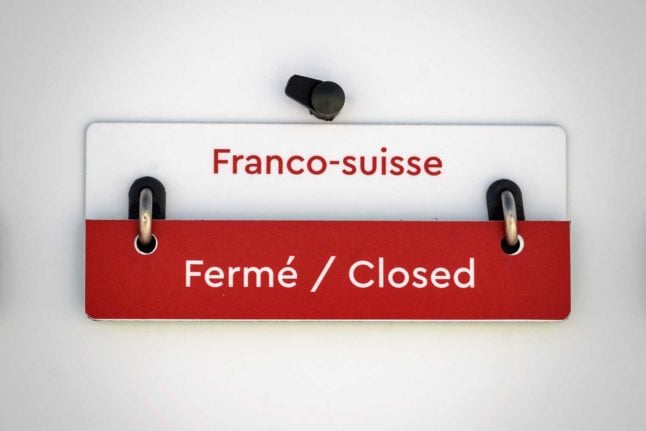ISLAM
Women shoppers flout burqa ban in Ticino
The new ban against the Islamic face veil (niqab) and full-length burqa in the canton of Ticino is not being effectively enforced, according to reports.
Published: 4 August 2016 09:31 CEST

File photo: Patrick Denker
The ban, which forbids the attire in public places in the Italian-speaking canton, came into force on July 1st this year, with those who flout it liable for a fine of between 100 and 1,000 francs.
But according to local paper 20 Minuti, a number of people are continuing to wear it in public, without consequence.
Readers told the paper that several women wearing the veil have been seen at the Foxtown shopping centre in Mendrisio, and that no one at the centre has reacted or informed the police.
Speaking to the paper, a spokesman for Foxtown said: “We know that women should not cover their faces. But it’s not our place to intervene. That’s the job of the police, and they are always welcome to come here.”
Mendrisio police told the paper that they do regularly patrol the shopping centre but that no one had yet been caught wearing the veil.
The ban — the first in Switzerland — was approved in a public vote in 2013.
Since it came into force some in the hotel sector have been worried about its impact on tourism from the Gulf States, since 45,000 tourists from the region visit the canton every year.
In July one five-star hotel in Lugano told The Local that most people in the sector were against the ban, which had already resulted in one repeat customer, whose wife wears the veil, cancelling their booking.
Url copied to clipboard!


 Please whitelist us to continue reading.
Please whitelist us to continue reading.